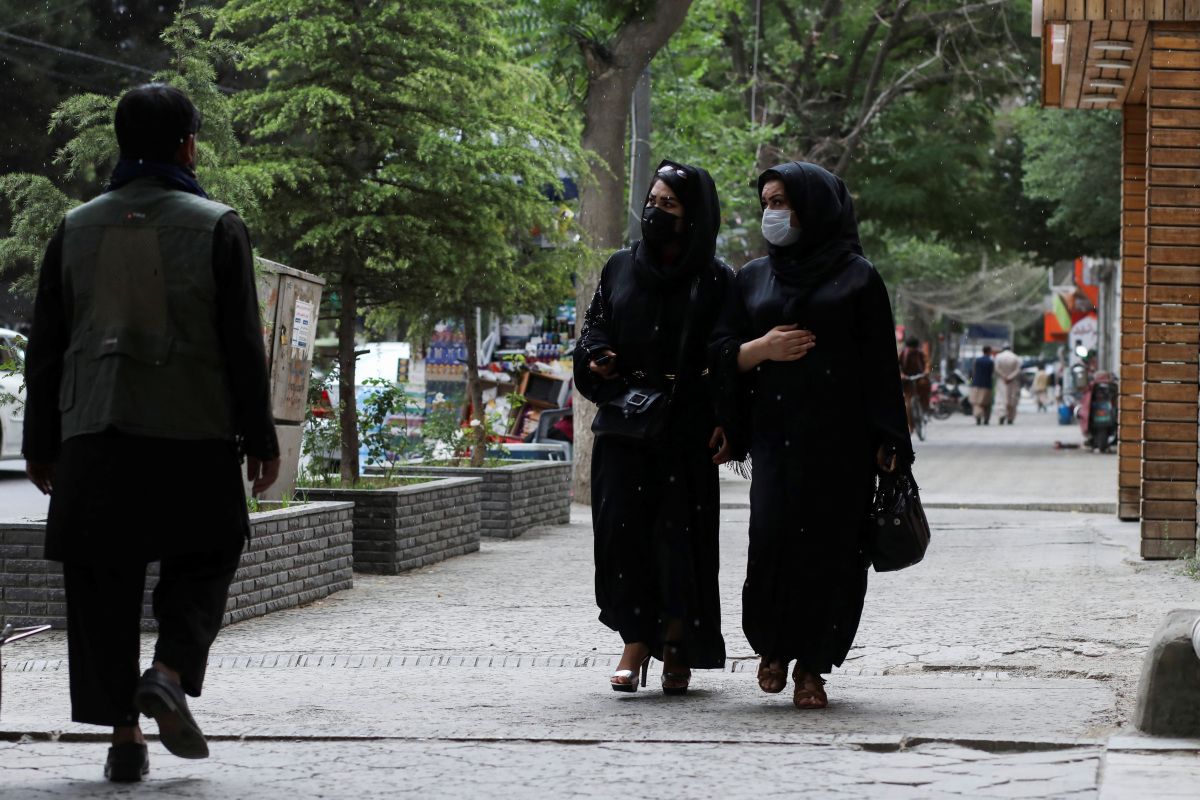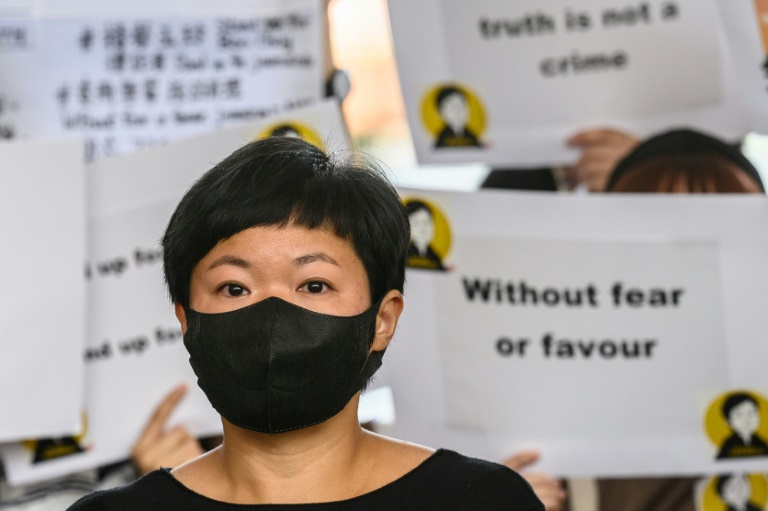KEY POINTS
- An education official said the attacker had a “personal grudge”
- A series of poisonings targeting mostly girls have raised concerns among activists in Iran
- A female activist called the poisonings a “revenge” plot
Nearly 80 girls were poisoned and hospitalized in two primary schools in northern Afghanistan, a local education official revealed. A string of poisonings, mostly targeting girls, hit neighboring Iran over the last few months, raising concerns about the incidents becoming a “revenge” trend against women’s rights.
Mohammad Rahmani, head of the provincial education department in the Sangcharak district of northern Afghanistan, told the Associated Press that 17 schoolgirls were poisoned in Naswan-e-Faizabad School and 60 others were poisoned at the Naswan-e-Kabod Aab School over the weekend.
Rahmani said the culprit had a “personal grudge” but did not provide further details.
“Both primary schools are near to each other and were targeted one after the other. We shifted the students to hospital and now they are all fine,” Rahmani said.
The official did not provide any information about how the attacks were carried out or the nature of the girls’ injuries. He also said the girls were in grades one to six.
The weekend’s attacks were the first known poisoning incidents that took place in Afghanistan since the Taliban took power in August 2021 and started attacking the freedoms of women, AP reported.
In Iran, a series of poisonings targeting mostly girls have raised concerns among activists. Early in March, Iranian authorities said they were investigating suspected poisonings among hundreds of schoolgirls in the country.
Though officials initially downplayed the incidents, they later said the attacks might be deliberate attempts designed to prevent girls from seeking education, reported NBC News.
Younes Panahi, Iran’s deputy health minister, said the poisoning attacks on schoolgirls late in February in the holy city of Qom and the western city of Borujerd were “deliberate.”
“The poisoning of students of Qom was intentional and caused by available chemical compounds. Some people wanted all schools to be closed, especially girls’ schools,” Panahi said, according to an English translation by NBC News.
Human rights group Amnesty International, in a report, said the poisoning of Iranian schoolgirls started last November. The UN’s Office of the High Commissioner for Human Rights (OHCHR) said in mid-March that more than 1,200 schoolgirls were poisoned in the country.
Iranian activist and journalist Masih Alinejad said the poisonings were an act of “revenge.”
مسمومیت دختران مدرسهای، انتقام رژیم تروریست ایران از زنان شجاعی است که حجاب اجباری را پرچم کردند و دیوار برلین خامنهای را به لرزه در آوردند. میخواهند انقلاب #زن_زندگی_آزادی را متوقف کنند.
در سراسر جهان صدای قربانیان مسمومیتهای عمدی باشیم. اگر سکوت کنیم از مسمومیت زنجیرهای… pic.twitter.com/gdQ4bktNAl— Masih Alinejad 🏳️ (@AlinejadMasih) February 26, 2023
“The poisoning of school girls is revenge by the terrorist Iranian regime against brave women that made the compulsory hijab the flag, and shook the Berlin wall of Khomeini,” an English translation of Alinejad’s tweet read.
Thousands, including women, took to the streets following the death of Mahsa Amini while in the custody of Iran’s “morality police” in September last year. The 22-year-old was arrested for allegedly violating the Islamic dress code.
Authorities cracked down on the demonstrations led by Iranian women that spread out from Amini’s home province of Kurdistan throughout Iran.
In Afghanistan, a similar crackdown on women is taking place as the Taliban suspended access to secondary and university education for girls.
Amnesty International and the International Commission of Jurists (ICJ) have called for an investigation into the Taliban’s attacks on Afghan women’s rights.
“The Taliban have been increasingly introducing new restrictions with the apparent aim of completely erasing women’s and girls’ presence from the public arenas. Taliban policies have been further oppressing women and girls in almost all aspect of their lives,” the groups said in a joint report last month.
Agnés Callamard, secretary general of Amnesty International, said the “war against women” in Afghanistan and attacks against women and girls were “international crimes.”
The OHCHR, in a report in May, said it found “how women and girls’ lives in Afghanistan are being devastated by the crackdown on their human rights,” following an eight-day visit to the country.
UN officials said in April that the Taliban has barred female employees under the agency to work in the country. They were also told through “various conduits” that the ban was applied throughout the country, UN spokesman Stephane Dujarric told AP.
The militant group claimed the ban on Afghan women from working for the UN was an “internal social matter” that should not affect other nations after the UN Security Council urged all members and organizations to “promote an urgent reversal” to the Taliban’s policy.
The Taliban took over Afghanistan swiftly after the U.S. withdrew its troops in August 2021 following two decades of warfare in the country.
Reuters / ALI KHARA





![Women’s Doubles Team Disqualified from French Open after Ball Girl Is Hit on Shoulder by Miyu Kato’s Shot Leaving Her in Tears [WATCH] Women’s Doubles Team Disqualified from French Open after Ball Girl Is Hit on Shoulder by Miyu Kato’s Shot Leaving Her in Tears [WATCH]](https://data.ibtimes.sg/en/full/68015/miyu-kato.jpg)

